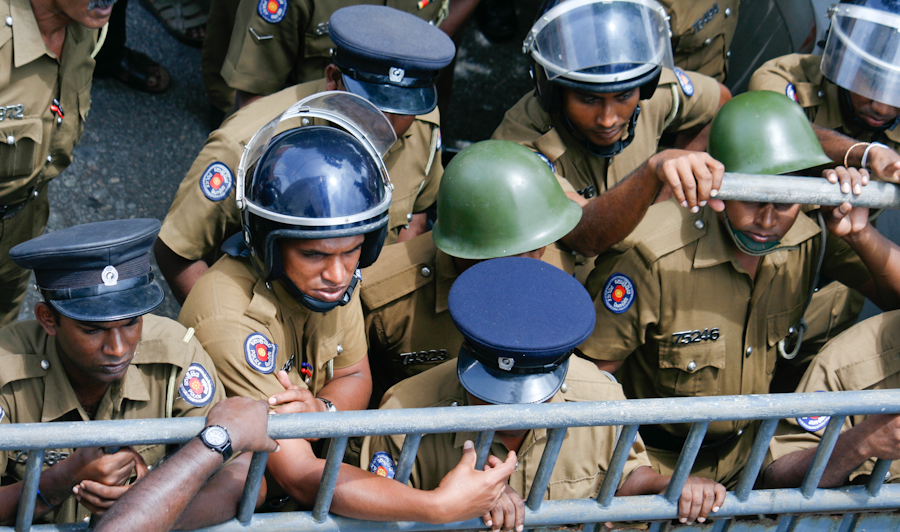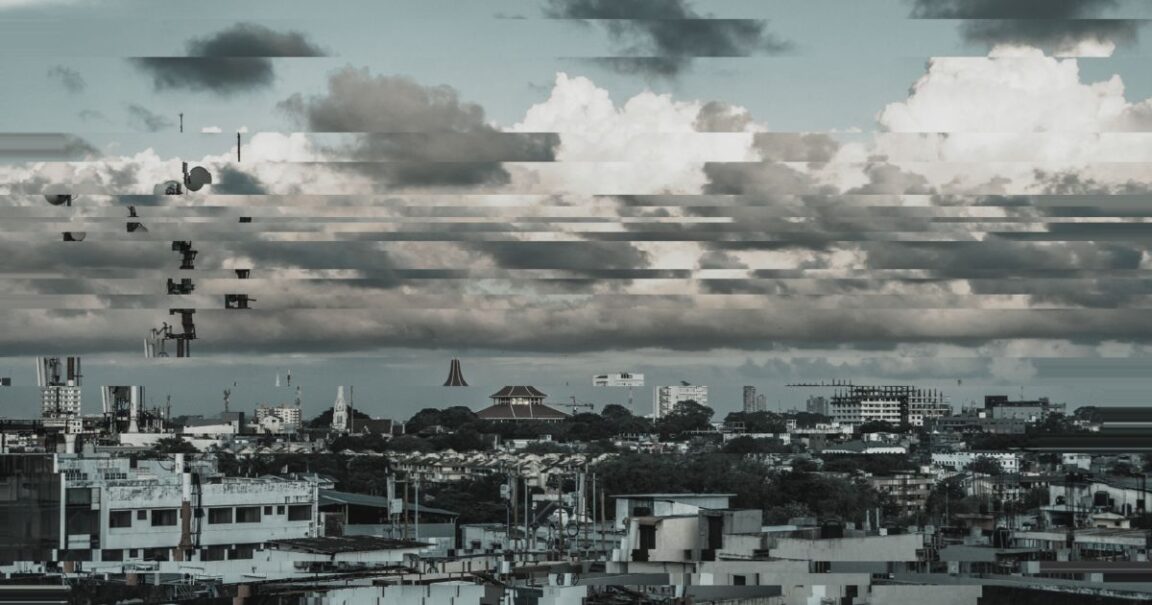The Cabinet of Ministers recently announced that the Attorney General has given clearance for the draft bill on the “security of online methods.” As per the government, the bill is being drafted with the aim of “safeguarding the general society from the damages caused by false information publicizing and discriminating control through the internet (fake news).” Interestingly, the announcement also specified that certain actions in the draft bill have been misinterpreted in the provisions of the act. These include:
- Communication of false statements on the incidents within Sri Lanka
- False statements causing defame
- Pave way for riots by provocation without reason
- Disturbing a religious assembly through false statements
- Communication of false statements with the sole intention of hurting religious
emotions - Communication of false statements with the sole intention and with the sole
intention for the abomination of religious emotions - Fraud
- Cheating by appearing some other person
- Defaming intentionally by a false statement with the objective of arousing for
violation of peace - Circulation of false statements with the intention of causing a riot or an offense
against the Government - Communication of statements on incidents to cause harassment.
- Child abuse
- Production of bots or modifying them to cause an offense
As of now, specifics around the process of determining fake news and the relevant decision-making personnel remain unclear. While the Security of Online Methods draft bill isn’t publicly available as of yet, the Cabinet has stated that the bill is to be published in the government gazette followed by its submission to the parliament.
Regulating broadcasters
It’s worth noting that the Security of Online Methods Act comes at the heel of the proposed Broadcasting Regulatory Commission Act. According to the draft that has been circulating since last June, the commission’s responsibilities include,
- Issuing and renewing licenses for broadcasting service providers
- Determining the conditions for issuing a particular license
- Determining the number of licenses obtainable by a single person or broadcasting operator
- Formulating codes of practice applicable to the different types of license
- Advising the subject minister regarding plans, programs, and activities to regulate the broadcasting operators
Additionally, the commission would have the ability to suspend or revoke a broadcaster’s license “with reason,” or more specifically, reports that are found detrimental to national security, national economy, and public order.
The draft also mentions that the five-member commission would comprise the secretary to the ministry and the Director General of the Telecommunications Regulatory Commission, along with three other appointees by the president with the Constitutional Council’s approval.
The idea of social media regulation and curbing misinformation at the state level has been a recurring theme in recent years. Back in late October 2018, a coup saw former president Mahinda Rajapaksa’s unconstitutional appointment as the Prime Minister by then-president Maithripala Sirisena. Despite its unconstitutional nature, many traditional media at the time normalized the proceedings and when citizens turned to the internet, much of the space was littered with fake news. Whether it was the falsified Ada Derana news alerts on WhatsApp or disinformation campaigns on Facebook, the events showcased how destructive fake news can be, particularly amid political unrest.
PTA and fake news
Unfortunately, things haven’t gotten any better since then. Back in 2019, the tragic events of the Easter Sunday attacks followed a period of unrest within the country. As many demanded answers from authorities, it didn’t take long for accusations to be thrown around. Consequently, the likes of Shafi Sihabdeen, Abu Saleem (pseudonym), and Hejaaz Hizbullah were painted as targets, arrested and detained under the Prevention of Terrorism Act (PTA). While all three would go on to be proven innocent a long while after, the slew of unsubstantiated claims across the media did very real damage to them and their communities.
Historically, the PTA has often been weaponized in the guise of protecting national security interests. With the newly proposed Anti-Terrorism Act drawing human rights violation concerns, the situation doesn’t appear to recede anytime soon. More importantly, the advent of social media and the ensuing online fake news problem has only translated things for the worse.

In fact, the Criminal Investigations Department set up a dedicated unit to take action against fake news propagation across social media back in 2021. At the time, the Police publicly stated that citizens who share fake news can be arrested without a warrant. The notice came in the backdrop of some questionable arrests made over allegations of sharing fake news online.
This begs the fundamental question, what does the government constitute as fake news? Minister Keheliya Rambukwella says, “If a person is sharing news that is completely wrong and in a biased manner which would deliberately mislead the public, those news items can be tracked as fake news.” However, in reality, the actual answer may vary, and depending on that variation, the consequences could be dire, as Hejaaz’s and Shafi’s stories demonstrate.
Declining internet freedom
At times when arrests or warnings wouldn’t be enough, the government would opt to pull the plug entirely. In 2022, as islandwide protests against the Gotabaya Rajapaksa-led government began heating up, the government sought to block social media for the fourth time since the 2018 Digana riots. At the height of the protests, the TRC attempted to block all telecom services except voice on the 9th of July, only to be botched following the operators’ refusal.
But internet freedom itself has come into question, especially following the mass protests last year. Freedom House’s “Freedom on the Net 2022” report points out that Sri Lanka’s internet freedom in 2022 declined as opposed to its previous year. Now, with the Broadcasting Regulatory Commission Act and Security of Online Methods Act on the way, this declining freedom shows little promise of improving, if at all.

Of course, that’s not to say the modern digital space doesn’t require regulation. In a landscape where national newspapers can be duped into publishing stories about an imaginary Disneyland or concocted claims of 5G signals harming the Sri Maha Bodhi getting presidential intervention, the call for better standards and regulation has merit. But how does a political structure that has been historically complicit in weaponizing misinformation against citizens ensure transparency in curbing fake news?






GIPHY App Key not set. Please check settings